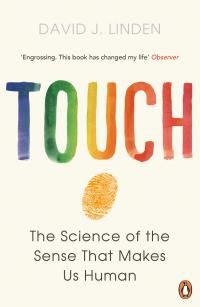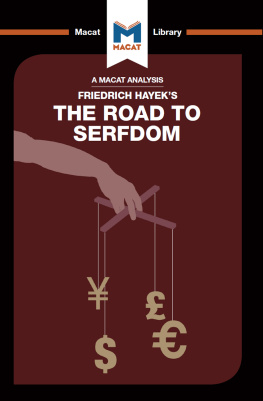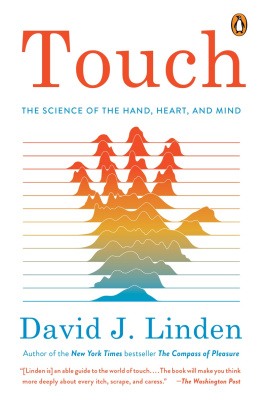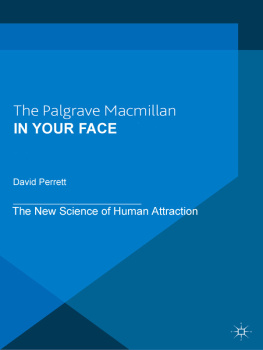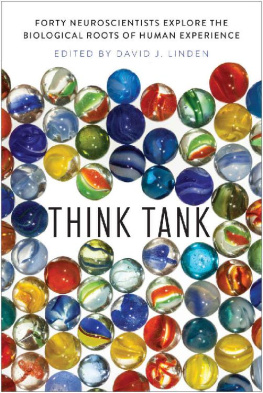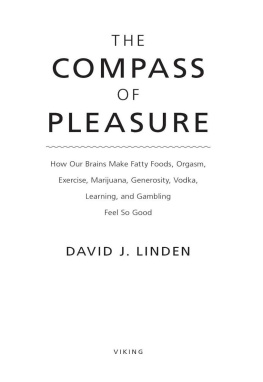David Linden - Unique: The New Science of Human Individuality
Here you can read online David Linden - Unique: The New Science of Human Individuality full text of the book (entire story) in english for free. Download pdf and epub, get meaning, cover and reviews about this ebook. year: 2020, publisher: Basic Books, genre: Romance novel. Description of the work, (preface) as well as reviews are available. Best literature library LitArk.com created for fans of good reading and offers a wide selection of genres:
Romance novel
Science fiction
Adventure
Detective
Science
History
Home and family
Prose
Art
Politics
Computer
Non-fiction
Religion
Business
Children
Humor
Choose a favorite category and find really read worthwhile books. Enjoy immersion in the world of imagination, feel the emotions of the characters or learn something new for yourself, make an fascinating discovery.

- Book:Unique: The New Science of Human Individuality
- Author:
- Publisher:Basic Books
- Genre:
- Year:2020
- Rating:3 / 5
- Favourites:Add to favourites
- Your mark:
- 60
- 1
- 2
- 3
- 4
- 5
Unique: The New Science of Human Individuality: summary, description and annotation
We offer to read an annotation, description, summary or preface (depends on what the author of the book "Unique: The New Science of Human Individuality" wrote himself). If you haven't found the necessary information about the book — write in the comments, we will try to find it.
Unique: The New Science of Human Individuality — read online for free the complete book (whole text) full work
Below is the text of the book, divided by pages. System saving the place of the last page read, allows you to conveniently read the book "Unique: The New Science of Human Individuality" online for free, without having to search again every time where you left off. Put a bookmark, and you can go to the page where you finished reading at any time.
Font size:
Interval:
Bookmark:
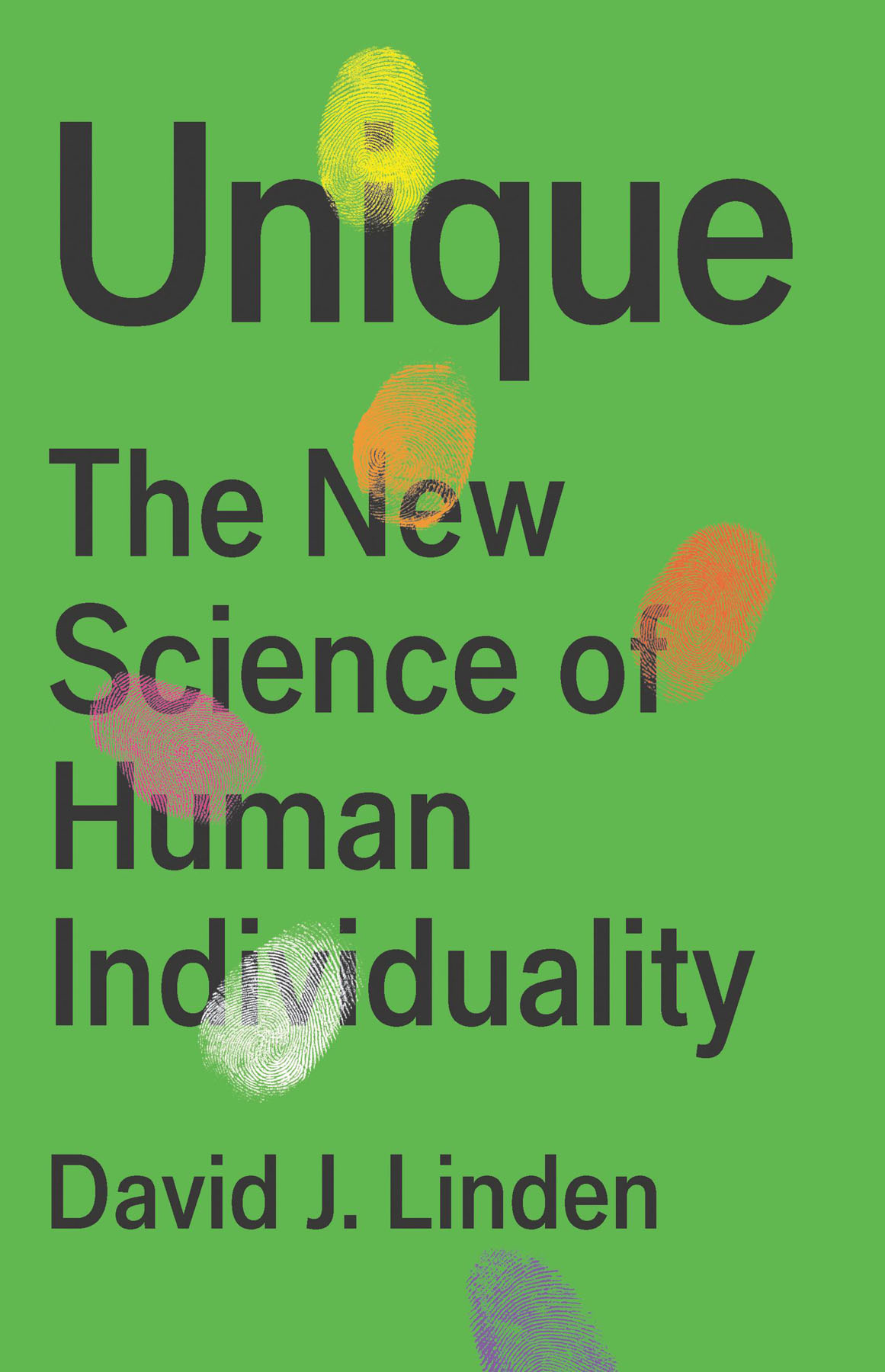
Copyright 2020 by David J. Linden
Cover design by Rodrigo Corral
Cover images Janaka Dharmasena / Shutterstock.com; Africa Studio / Shutterstock.com; Andrey Burmakin / Shutterstock.com; Andrey_Kuzmin / Shutterstock.com; Lana Veshta / Shutterstock.com; Torin55 / Shutterstock.com
Cover copyright 2020 Hachette Book Group, Inc.
Hachette Book Group supports the right to free expression and the value of copyright. The purpose of copyright is to encourage writers and artists to produce the creative works that enrich our culture.
The scanning, uploading, and distribution of this book without permission is a theft of the authors intellectual property. If you would like permission to use material from the book (other than for review purposes), please contact permissions@hbgusa.com. Thank you for your support of the authors rights.
Basic Books
Hachette Book Group
1290 Avenue of the Americas, New York, NY 10104
www.basicbooks.com
First Edition: September 2020
Published by Basic Books, an imprint of Perseus Books, LLC, a subsidiary of Hachette Book Group, Inc. The Basic Books name and logo is a trademark of the Hachette Book Group.
The Hachette Speakers Bureau provides a wide range of authors for speaking events. To find out more, go to www.hachettespeakersbureau.com or call (866) 376-6591.
The publisher is not responsible for websites (or their content) that are not owned by the publisher.
A haiku of Issas from The Essential Haiku: Versions of Basho, Buson & Issa, edited and with an introduction by Robert Hass. Introduction and selection copyright 1994 by Robert Hass. Reprinted by permission of HarperCollins Publishers.
Mamma Got Ass
Words and Music by Terius Gray and Byron Thomas
Copyright (c) 2001 Money Mack Music and Fresh is the Word
All Rights Administered by Songs of Universal, Inc.
All Rights Reserved
Used by Permission
Reprinted by Permission of Hal Leonard LLC
Library of Congress Cataloging-in-Publication Data
Names: Linden, David J., 1961 author.
Title: Unique: the new science of human individuality / David J. Linden.
Description: First Edition. | New York: Basic Books, 2020. | Includes bibliographical references and index.
Identifiers: LCCN 2020024904 | ISBN 9781541698888 (hardcover) | ISBN 9781541698871 (ebook)
Subjects: LCSH: Individuality. | Neurophysiology. | Neurobiology. | MESH: Heredity, Human.
Classification: LCC BF697 .L53566 2020 | DDC 155.2/2dc23
LC record available at https://lccn.loc.gov/2020024904
ISBNs: 978-1-5416-9888-8 (hardcover), 978-1-5416-9887-1 (ebook)
E3-20200828-JV-NF-ORI
F OR J ACOB AND N ATALIE
Explore book giveaways, sneak peeks, deals, and more.

Even with insects
some can sing,
some cant.
KOBAYASHI ISSA (translated by Robert Hass)

I SHOULD JUST LEARN TO RELAX AND ENJOY MUSIC, BUT I cant leave well enough alone. Case in point: Im blasting down the highway on a fine sunny day when Juvenile comes on the car radio with that infectious New Orleans bounce and I start to bop in my seat.
Oh where she get her eyes from? She get it from her mamma!
Oh where she get her thighs from? She get it from her mamma!
Where she learn to cook from? She get it from her mamma!
Im singing along nowdoing the call-and-response and smacking the steering wheel to the beat. But on a parallel track my mind is already chewing on the lyrics. Its the curse of the geek to overanalyze. I start thinking about DNA. OK, she got her eyes entirely from her mammas and papas genes, but those thighs? Thats probably a mixture of genes and learned eating habits. The population of bacteria resident in her gut affects her metabolism and hence the thickness of her thighs. Her mamma probably taught her how to cook, so thats down to social experience. And we know from identical-twin studies that individual food preferences have only a small genetic component, so not much mamma (or papa) there. But perhaps she inherited the gene variant that confers supersensitivity to bitter foods. So her cooking style, which reflects her food preferences, is likely to be more complicated than the thigh situation. My train of thought only gets more convoluted as the song continues.
Why she swear that she the boss? She get it from her mamma!
Why she always gotta call the law? She get it from her mamma!
Where does her assertive nature come from? Was it how she was raised? Or perhaps the crucial influence of her peers? Have genes contributed to her confidence? Theres evidence for this view as wellvariants in neurotransmitters and all that. Will she always feel like the boss and have the gumption to say so, or is this confidence just reflective of her present stage of life? We know that personality traits are somewhat changeable in children but are fairly stable in adults in the absence of major trauma.
Yes, I know that, to a large degree, Im missing the point. Juvenile is not rapping to detail the experiences, developmental randomness, and genetic factors that shape us as individuals. Nonetheless, he raises many of the central issues of human individuality. The protagonist has a list of traits that we learn about as the song unfolds: in addition to being attractive, confident, and skilled in the kitchen, shes funny and shes close to her friends. How did she get that way?

A S A BIOLOGIST, I go to great lengths to minimize individual differences in my experiments. In my lab, we study strains of mice that have been inbred to be as genetically similar to one another as possible. Then, to further reduce variability, we take scrupulous measures to ensure that they are raised in the same boring lab conditions. We typically measure large populations of animals and then take the average of those measures to test our hypotheses. In order to see the central trend, we ignore the outliers. Its a reasonable approach if one is trying to understand those aspects of biology that people (or mice) have in common. But its far from the whole story.
If I open up a box of lab mice, fresh from the breeder, I can see that they share certain traits. For example, they will all attempt to hide from bright light, they will all stand stock-still in fear when they smell fox urine, and they will all reject drinking water thats been made bitter with quinine. However, it doesnt take much observation to reveal important individual differences. Some mice are more aggressive toward one another and toward my grasping hand. In the absence of threat, some will race around the cage while others sit there calmly. Individual differences can also be found in physiological measures, such as resting stress hormone levels or sleep patterns or the amount of time it takes for food to pass through the digestive system.
How do they get that way?

Font size:
Interval:
Bookmark:
Similar books «Unique: The New Science of Human Individuality»
Look at similar books to Unique: The New Science of Human Individuality. We have selected literature similar in name and meaning in the hope of providing readers with more options to find new, interesting, not yet read works.
Discussion, reviews of the book Unique: The New Science of Human Individuality and just readers' own opinions. Leave your comments, write what you think about the work, its meaning or the main characters. Specify what exactly you liked and what you didn't like, and why you think so.

